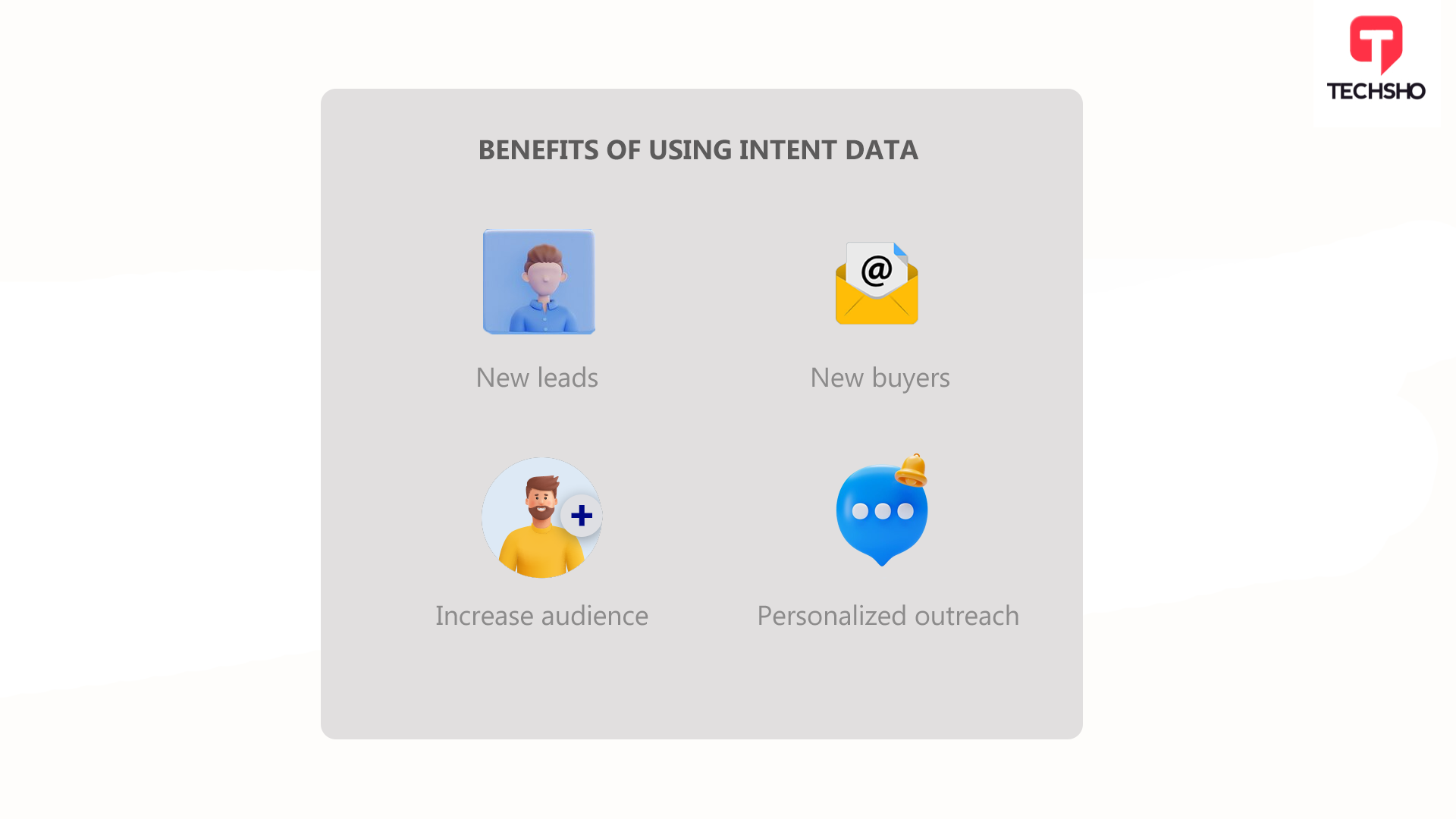
10 reasons how outsourcing sales and customer service can transform your business
We all know the importance of a great sales team along with an exceptional customer service experience for any B2B or B2C business, as it directly impacts revenue and customer satisfaction. Opting for outsourcing, especially in critical functions such as live chat support, call center operations, and outsourced sales, allows businesses to remain agile and responsive to market demands.
In this article, we will explore ten reasons why outsourcing sales and customer support can deliver real results and growth. From cost efficiency and resource savings offered by business process outsourcing to the scalability and flexibility brought by nearshore and offshore outsourcing models, the benefits are many.
1. Cost Efficiency and Resource Savings
Direct Cost Comparisons: In-house vs. Outsourced
When we consider the financial implications of maintaining an in-house sales and customer support team versus outsourcing, the cost differences are striking. In-house operations often require substantial investments in salaries, benefits, infrastructure, and technology. For example, the annual cost to employ four representatives and a manager in-house can total approximately $259,955, encompassing salaries, office space, and equipment.
In contrast, outsourcing to a call center significantly reduces these overheads. Outsourced call centers already possess the necessary infrastructure and technology, and they manage the payroll for customer service representatives. This arrangement eliminates many of the fixed costs associated with in-house facilities and allows for more predictable budgeting without unexpected expenses. For example, with Techsho these costs would be slashed by 70%.
Refocusing on Core Business Operations
Outsourcing sales and customer service enables businesses to redirect their focus and resources towards core competencies and strategic initiatives. By delegating routine support tasks to specialized providers, companies can concentrate on areas that directly contribute to their competitive advantage and growth. This strategic shift not only optimizes operations but also enhances overall business productivity.
For instance, during periods of significant change like system upgrades or core conversions, outsourcing teams can provide stability. It allows internal teams to focus on these critical transitions without compromising on quality. Expert outsourcing firms, such as Techsho, handle the fluctuations in call volume and service requests, ensuring that customer needs are met efficiently during these pivotal times.
2. Expertise and Quality Assurance
Access to Specialized Talent
Outsourcing operations not only provides cost benefits but also gives businesses access to a global pool of specialized talent. This talent comes with specific skills and expertise that might not be readily available in-house. For example, Techsho connects companies with top-tier bilingual professionals, ensuring effective global communication and enhancing the quality of sales and customer support. You can find the right partner with the ideal expertise for your needs.
Maintaining High Service Standards
To ensure that outsourcing translates into high-quality customer service, it’s crucial to establish strong quality assurance and training programs. A comprehensive training program should align with your brand voice and service standards. Regular quality checks and feedback loops are essential to maintain high service levels. At Techsho, we developed a custom service-level agreement (SLA) that included key performance indicators (KPIs) to track dedicated team’s performance and ensure they meet target metrics. This approach helps in maintaining consistent and high-quality service that aligns with business goals.
3. Scalability and Flexibility
Ease of Scaling Operations Up or Down
Outsourcing sales and customer support teams allows businesses the freedom to scale their operations up or down based on current demand. This flexibility is crucial in today’s fluctuating market. Outsourcing partners, equipped with industry expertise and resources, can quickly adjust to these fluctuations, ensuring businesses remain responsive and customer-centric at all times.
- Immediate Response to Market Changes: Outsourcing companies like Techsho can rapidly increase or decrease the number of SDRs, call center agents or support staff to match the current demand, ensuring that customer service quality is maintained without unnecessary overheads.
- Cost-Effective Scaling: Businesses can avoid the financial burden of hiring, training, and maintaining in-house staff for peak times only, making outsourcing a cost-efficient solution for managing variable workloads.
Adapting to Business Growth or Seasonal Demands
The ability to adapt to business growth or seasonal demands without compromising service quality or incurring prohibitive costs is a significant advantage of outsourcing teams. We have the agility and infrastructure to scale operations quickly, whether it’s ramping up during high-demand seasons or scaling back in slower periods.
- Seasonal Fluctuations: Companies no longer need to worry about the logistical and financial challenges of scaling in-house teams to meet seasonal peaks.
- Business Expansion: As businesses grow, outsourcing partners can support this growth by providing additional resources and expertise, facilitating a smoother scaling process without the typical growing pains.
4. Customer Satisfaction and Loyalty
Outsourcing customer service, when executed with precision and aligned with a company’s core values, can significantly enhance customer satisfaction and loyalty. This section explores the profound impact of well-managed outsourcing on customer relationships, drawing from successful case studies and strategic implementations.
Deep Understanding of Customer Needs
At the heart of customer satisfaction is a deep understanding of customer needs. Outsourcing companies like Techsho have mastered this by integrating cutting-edge technology with top-tier human resources to deliver exceptional inside sales and account management solutions. By systematically acting on feedback and involving customers in corrective action plans, Techsho has achieved a remarkable 98.8% customer retention rate. Our approach underscores the importance of not just addressing feedback but making the customer an active participant in the solution process.
Case Study: From Outsourcing to Customer Retention
A compelling example of effective outsourcing is seen in the operations of Cofro Holdings. By investing heavily in training and resources for their outsourced customer support representatives, they have maintained top service quality. Their strategy includes regular, expert-led training sessions and a robust support system that ensures these agents are always equipped to handle customer needs proficiently. This proactive approach in personnel development has led to higher productivity and, importantly, increased customer retention by creating a consistently reliable customer service experience.
Strategies for Aligning Outsourced Teams with Your Brand
Aligning outsourced teams with a company’s brand is crucial for maintaining service quality and customer loyalty. This alignment involves rigorous training and continuous quality assurance to ensure that every customer interaction reflects the brand’s values and meets its standards. For instance, negotiation with outsourcing partners should focus on customer-centric goals, such as satisfaction metrics and response times. At Techsho, our partnership is seen as an extension of the in-house team.
Moreover, integrating advanced CRM systems plays a pivotal role in maintaining a consistent brand voice across all customer interactions. These systems provide outsourced teams with access to comprehensive customer data, enabling personalized service that anticipates customer needs and enhances satisfaction. Regular training on these systems ensures that outsourced teams can perform at their best, making every customer feel valued and understood.
Through these strategic approaches, companies can leverage outsourcing to not only manage customer service efficiently but also enhance customer loyalty, turning satisfied customers into brand advocates.
5. Advanced Technologies and Innovations
Leveraging State-of-the-Art Technologies
The integration of advanced technologies such as Artificial Intelligence (AI), blockchain, and cloud computing is revolutionizing the way outsourcing companies deliver customer support and sales.
Innovation through External Expertise
Outsourcing operations isn’t just about delegating tasks; it’s a strategic engagement that brings external expertise into play.
Conclusion
Throughout the exploration of outsourcing customer service, we’ve identified key benefits that underscore its transformative potential for businesses. From cost reductions and access to specialized talent to scalability and enhanced revenue/customer satisfaction, the strategic value of outsourcing is evident.
To better grasp how outsourcing can impact your business’s bottom line, consider taking advantage of our free ROI analysis, where you can get a real picture of the specific benefits tailored to your operational needs and strategic goals.
FAQs
1. What are the key advantages of outsourcing sales and customer support teams?
Outsourcing sales and customer support can significantly enhance your operations by providing an experienced english-speaking team, reducing costs, enhancing scalability, and allowing you to concentrate on main activities.
2. Why do companies choose to outsource?
Companies opt for outsourcing primarily for six reasons: optimizing resource use, reducing costs, expanding global reach, increasing flexibility, focusing more on core competencies, and gaining access to advanced technologies.
3. How does outsourcing benefit a B2B business?
Outsourcing can lead to substantial labor cost savings by reducing expenditures related to salaries, overhead, equipment, and technology. It allows B2B businesses to organize their operations by focusing on core areas and delegating less critical tasks to external organizations, thereby enhancing overall efficiency.
4. What are three positive and three negative impacts of outsourcing?
Positive impacts of outsourcing include the elimination of the need to hire additional employees, access to a broader talent pool, and lower labor costs. On the downside, outsourcing may lead to a lack of control over certain functions, potential communication issues, and sometimes, quality problems. Understanding these pros and cons is crucial for companies considering outsourcing.




